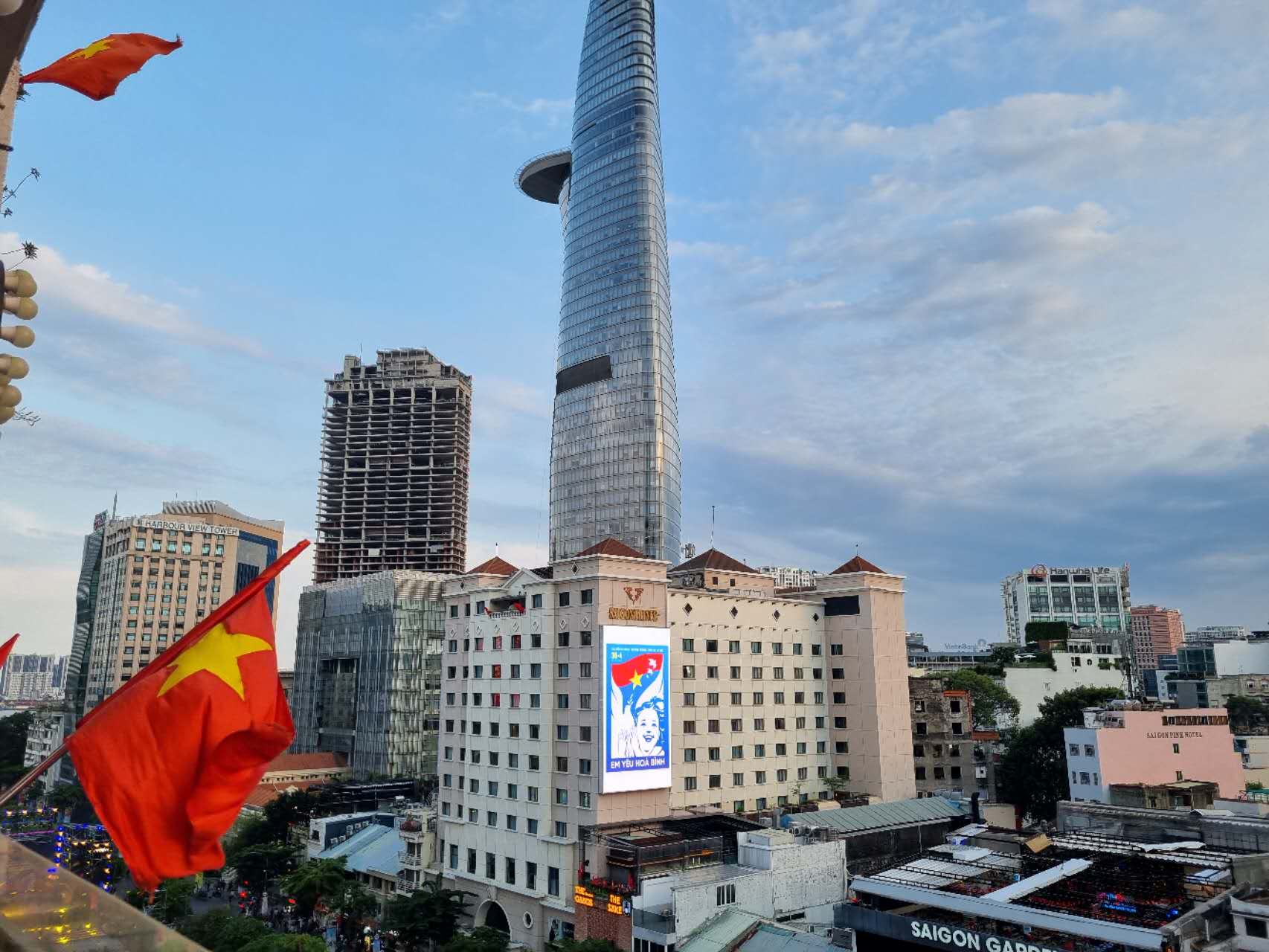Industries & Services
Pre-shipment Inspection

出货前检验(Pre-Shipment Inspection, PSI)
在开拓全球市场时,确保产品在出厂前符合质量标准至关重要。**出货前检验(PSI)**是关键的质量控制环节,通过第三方专业检验,帮助您在产品离厂前发现潜在问题,确保每一件产品都符合您的规格和期望,从而降低质量风险和品牌损失。
出货前检验对企业的价值
✔ 确保产品质量
PSI 可在产品送达客户前发现质量问题,保证产品安全、可靠且性能一致。
✔ 降低风险
减少产品缺陷、召回、退货或保修索赔的风险,保护品牌声誉,同时节省潜在成本。
✔ 遵循法规要求
确保产品符合不同国家或地区的监管和安全标准,避免法律处罚。
✔ 提升客户满意度
按期交付高质量产品,建立客户信任,增强忠诚度,促进复购及正面口碑。
出货前检验流程
1. 准备阶段
确定需检验的产品,选择信誉良好的检验服务商,并安排检验时间和物流。
2. 检验阶段
检验员根据标准化清单执行:
-
外观检查
-
功能测试
-
包装验证
并将产品与批准样品进行对比,记录任何偏差或缺陷。
3. 报告阶段
检验完成后,检验服务商提供详细报告,包括:
-
检验发现
-
照片证据
-
改进建议
客户可根据报告结果在发货前采取纠正措施,确保产品质量。
如何选择出货前检验服务商
-
经验与专业能力:选择在您产品类别具有丰富经验、熟悉相关质量标准的服务商。
-
信誉与口碑:与专业、可靠、一致性高的服务商合作。
-
资质认证:确保服务商具备如 ISO/IEC 17020 等国际认可资质,保证检验的公正性与专业性。
-
性价比:在保持服务质量的前提下,选择合理收费的服务商。
出货前检验标准
国际认可的检验标准为 ISO/IEC 17020:2012,规定了检验机构的基本要求:
-
公正性与独立性
-
具备资质的检验人员
-
标准化检验流程
-
可靠、一致的检验结果
此外,根据产品类型或所在区域,可能还需遵循行业或地区的专项标准。
出货前检验费用
通常由买方或进口商承担,合同可约定费用由买卖双方分摊。费用根据产品类型、检验方式及服务商不同而有所差异。
结语
出货前检验是供应链中不可或缺的环节,帮助您在产品到达客户前确保质量、安全与合规。通过规范的 PSI 流程和专业合作伙伴如 VIS,您可以:
-
降低质量风险
-
满足国际法规要求
-
提升客户满意度
-
保护品牌声誉
-
自信拓展全球市场










